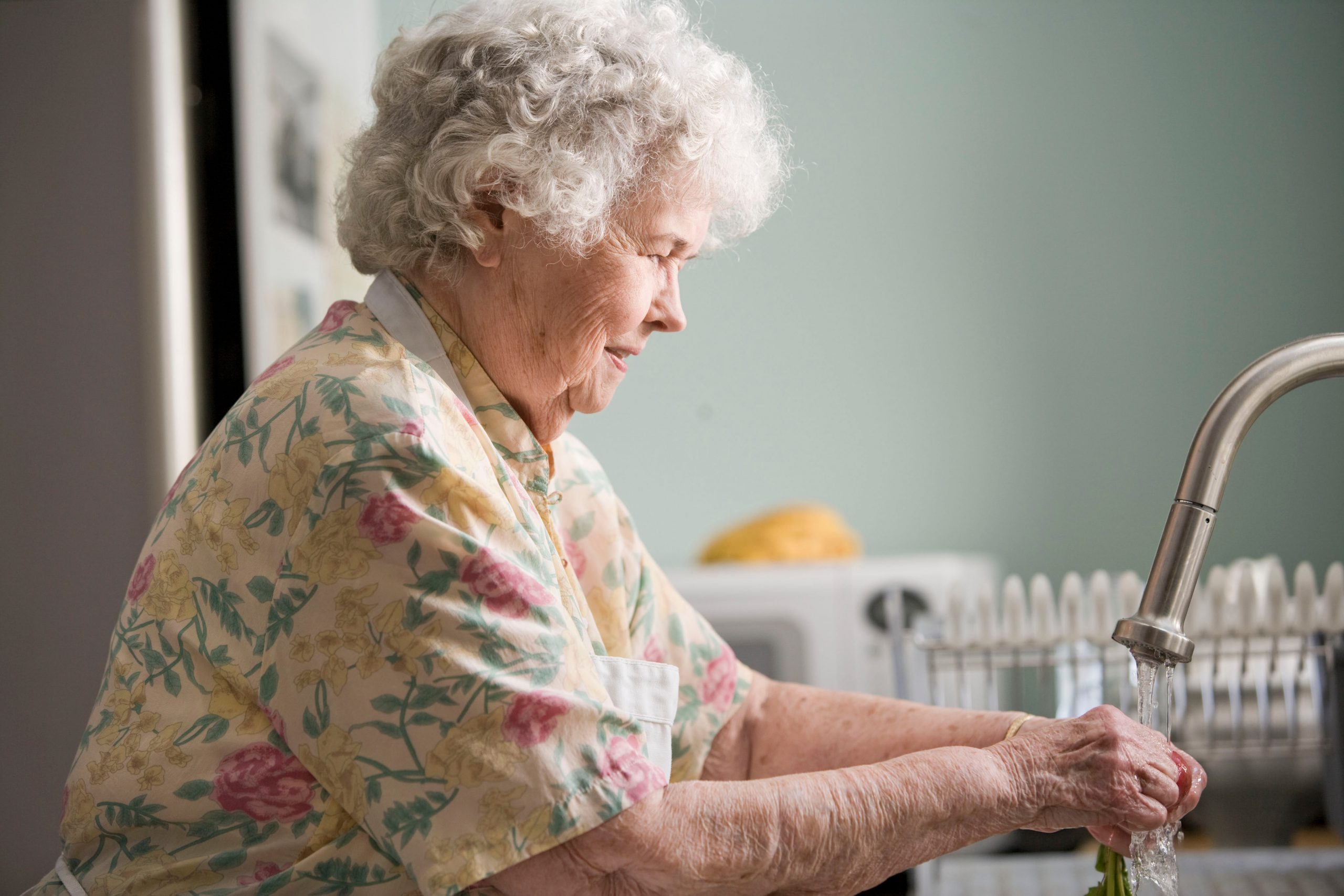Delivering Bad News to an Elderly Person
News can be as easy, hard, or unknown as it is to the giver of the news so is to the receiver of the news. For the giver was once a receiver and the receiver was once a giver. It is one of those moments, where one does not want to be, having been there before or having watched it somehow. Our imagination, our human brains is intricate, unique, and subject to various stimuli. The stimuli are what makes us fear, fear of being rejected, harmed, hurt, unloved and so much more. What if this were us and the news was to be delivered to an elderly person?
This is especially difficult when delivering bad news to an elderly person with cognitive issues. In my personal journeys and experiences, I came across thousands of such opportunities and times where it either brought us closer or sent us further into the known and the unknown.
Here are some thoughts and ideas that helped me and hope you can share with us yours:
- Set the meeting on a non-stressful time and day
- Keep the environment less stimulating (no noises, comfortable)
- Prepare in advance, do our homework to make sure we have the right facts and figures
- Be seated comfortably within visual reach (we need for visual cues)
- Start with a general greeting and bring in comfort, dignity, acceptance, and trust
- Display humility and easy to converse ambiance
- Ask about how they are feeling, what they were doing prior to the meeting, and so on…
- Give the information and wait for any cues, a moment of silence, respect the situation, and take the next step if the person is cognitively normal.
- Explain your analysis, ask them questions to understand if what was just spoken makes sense, and so on
- Give hope, for there is hope and mihygge in however sad the news may be, for integrity and dignity in dying holds as much purpose and community as much as the conversation
- Provide help with the goal of providing value no matter what the prognosis is
- Give thanks and convey kindness, empathy, compassion
- If the person is cognitively challenged, then speak with the responsible party but make sure to keep eye contact with the elderly.
- Lastly, conversations and community don’t end with one meeting, it is just the beginning.
- Being there is more important than being there for breaking the news.
Conversations can be filled with all emotions and sometimes they do not go the way we want, or the elderly want, so meeting in the middle to find the best solution takes time, patience, communication, trust, and lots of tolerance.
Bad news can be temporary or permanent and hence the process needs to be nurtured with selflessness.
Well, then there is culture, heritage, family ways, and so on, we would love to hear other ways as we share and help others. Appreciate your comments and yes, this conversation continues in future segments.

HYGGE AIM, Inc dba mihygge
Copyright 2020
